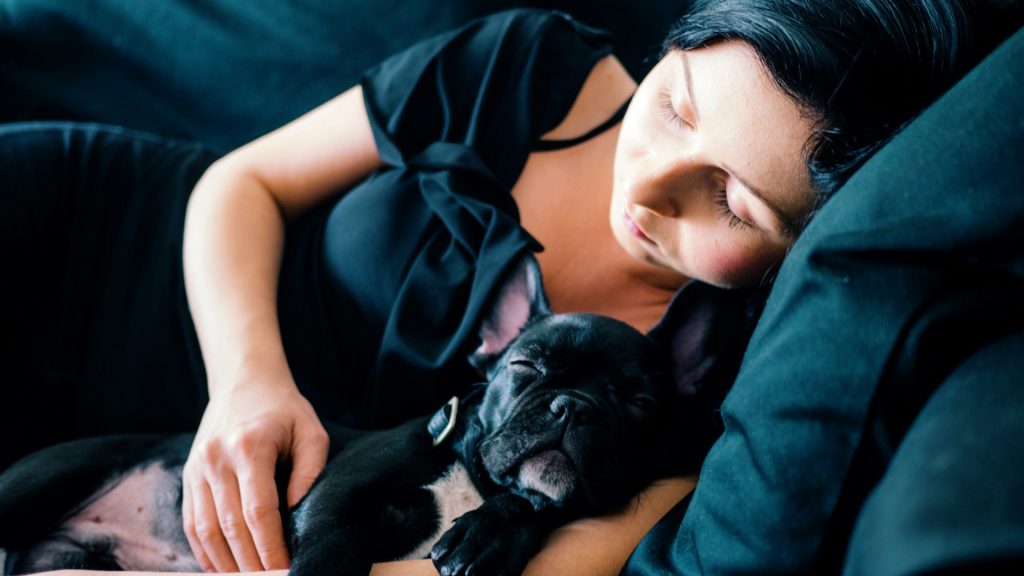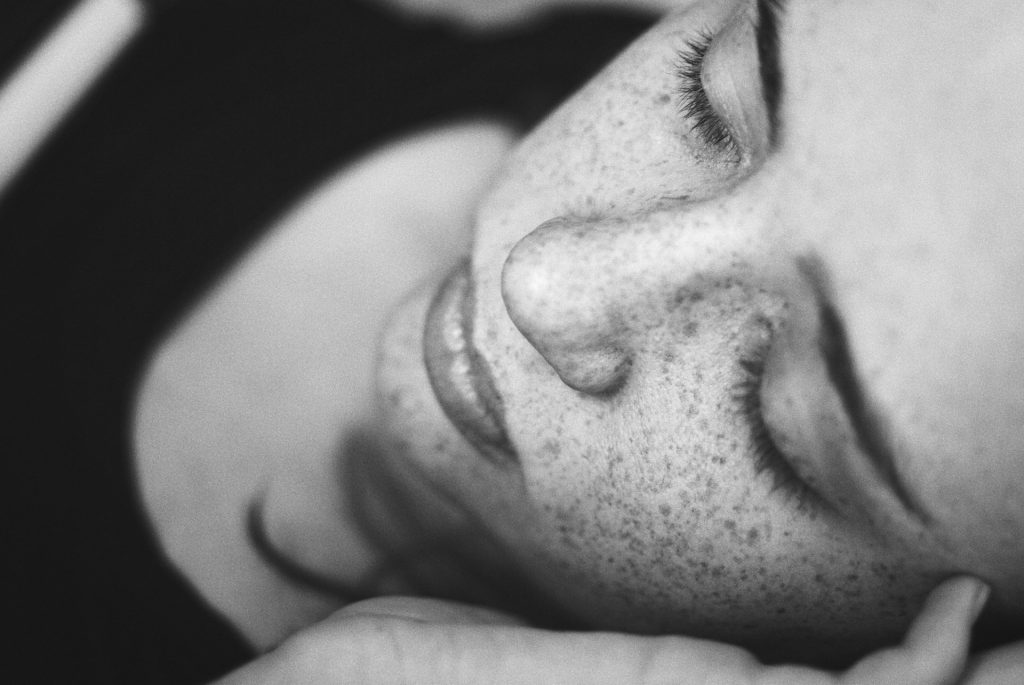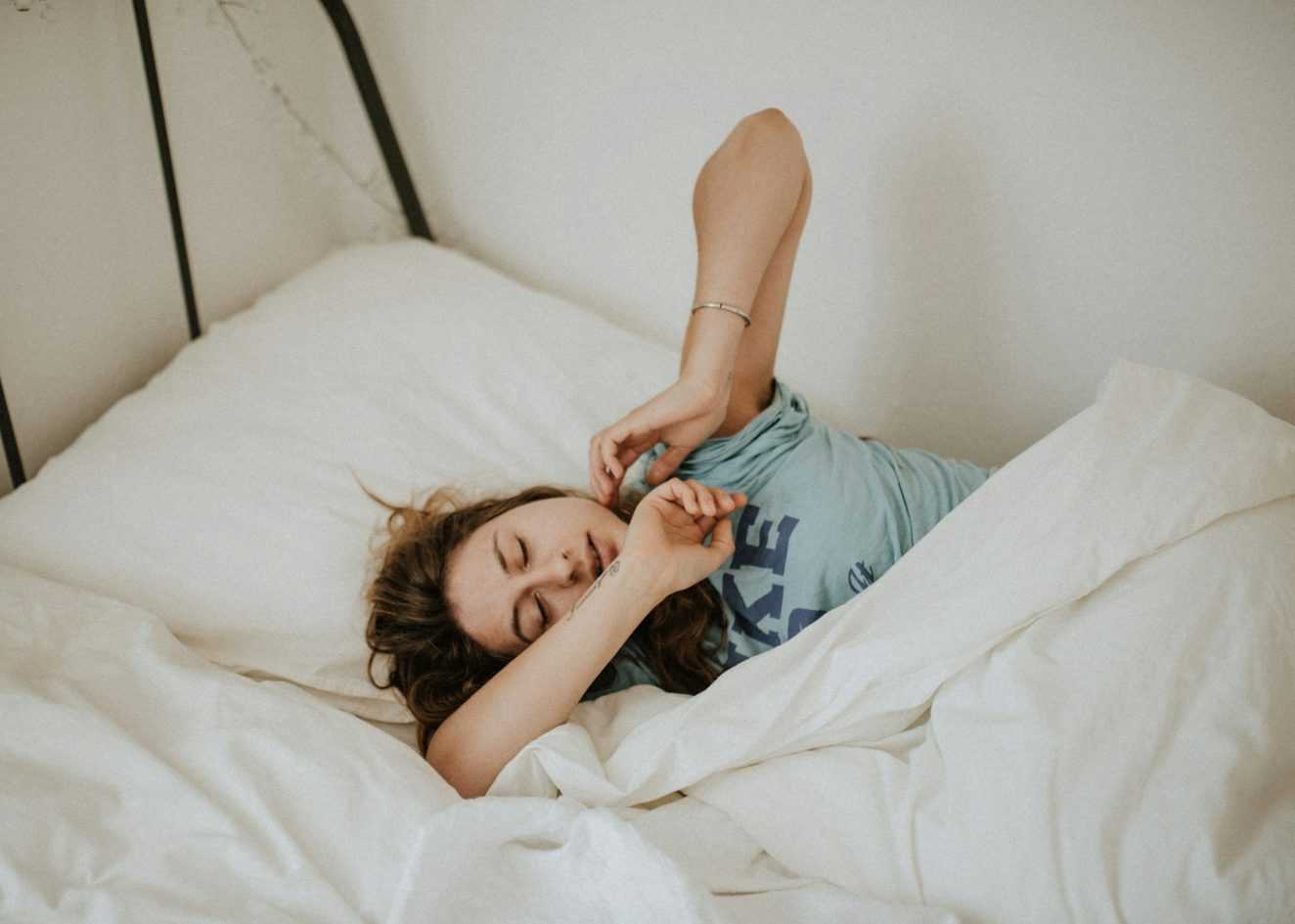Have you ever woken up with a soggy pillow and wondered, “Why am I drooling in my sleep?” Don’t worry—you’re not alone! Drooling in your sleep might not be the most glamorous topic, but it’s something that happens to everyone from time to time. What makes it happen, though? Is it something to be concerned about, or just one of those weird things our bodies do?
Let’s take a deep dive into the reasons why you might wake up with a little extra moisture on your pillow—and how you can avoid it! Spoiler alert: It’s not always as simple as you think.

Is It Normal to Drool in My Sleep?
Let’s get this out of the way first: yes, drooling in your sleep is often perfectly normal! In fact, it’s just a sign that your body is doing its job of keeping your mouth moist and healthy while you rest. However, if you’re suddenly drooling a lot more than usual, or it’s happening all the time, there could be something more at play.
Saliva is crucial because it helps protect your mouth, throat, and even your teeth from bacteria and harmful acids. It’s your body’s natural defense system. So, if you’re drooling here and there, it’s usually nothing to worry about. But if you’re soaking your pillow night after night, it might be worth investigating further.
Why Do I Drool When I Sleep?
So, what causes all this drool? There are actually a variety of reasons, and most of them are related to things you might not even think about during the day. Let’s break down the top causes of drooling while you’re catching Z’s!
1. Sleep Position – Are You a Side or Stomach Sleeper?
The way you sleep could be one of the main culprits behind your drooling. When you sleep on your side or stomach, gravity works against you, pulling that saliva right out of your mouth and onto your pillow. If your muscles relax too much—especially during deeper stages of sleep like REM—your mouth might fall open, and voilà! Drool city.
The easiest solution? Try sleeping on your back! Not only could it reduce drooling, but it’s also better for your spine.
2. Medications – Blame It on the Pills
Certain medications can lead to drooling, thanks to their influence on saliva production. Sedatives, antipsychotics, and even some antibiotics can all increase the amount of saliva your body produces. If your medication is turning your sleep into a drooling fest, chat with your doctor. They might be able to adjust your dose or suggest alternatives.
3. Nasal Congestion – Can’t Breathe, Must Drool!
Ever notice that when you’re stuffed up from a cold or allergies, you wake up with drool on your pillow? That’s because you can’t breathe through your nose, so your mouth takes over. With your mouth wide open, saliva has an easy exit.
If you often find yourself congested, addressing the root cause—like treating your allergies or using a nasal spray—could help keep the drool at bay.
4. Sleep Apnea – More Than Just Snoring
Sleep apnea is a condition where your breathing stops and starts repeatedly during the night. One of the side effects is—you guessed it—mouth breathing and drooling. If you suspect sleep apnea (especially if you snore loudly or feel excessively tired during the day), it’s essential to consult with a healthcare provider. Sleep apnea is more than just an annoyance; it’s a serious condition that can affect your overall health.
5. Neurological Conditions – When It’s More Than Just Drool
For some people, excess drooling is a symptom of a neurological condition like Parkinson’s disease, cerebral palsy, or a brain injury. These conditions can make it difficult to control muscle movements, including those involved in swallowing, leading to drooling.
If drooling is accompanied by other symptoms or concerns, it’s crucial to speak with a doctor for a thorough evaluation.
6. Pregnancy – It’s Not Just Morning Sickness!
You’ve heard about the glowing skin, but how about the excess saliva during pregnancy? It’s called ptyalism gravidarum, and it’s a thing! Some women find that their bodies produce more saliva than usual when they’re pregnant, especially in the first trimester. This can sometimes lead to drooling, especially at night when you’re sleeping and unaware of the extra saliva.
7. GERD (Gastroesophageal Reflux Disease) – Acid Reflux’s Sneaky Cousin
If you have GERD, you probably already know the burning sensation that comes with acid reflux. But did you know it can also cause you to drool? GERD can lead to difficulty swallowing (dysphagia), making it harder for you to manage your saliva. This can result in more drooling, both during the day and while you sleep.

How To Stop Drooling in Your Sleep
While a little drool here and there is nothing to worry about, if you’re tired of waking up with a wet pillow, there are some steps you can take to stop (or at least reduce) the drool.
1. Switch Up Your Sleep Position
As mentioned earlier, sleeping on your back can help keep your mouth closed and prevent gravity from pulling the drool out. You might have to get used to it if you’re a side sleeper, but your pillow will thank you.
2. Treat That Stuffy Nose
If congestion is the culprit, tackle the issue head-on. Whether it’s allergies or a deviated septum, treating nasal issues can help you breathe better through your nose—and keep your drool in check.
3. Watch Out for Medication Side Effects
If your medication is making you drool, don’t stop taking it without consulting your doctor. But do bring it up at your next appointment to see if there are other options or solutions.
4. Consider Treating Sleep Apnea
If you think sleep apnea could be the reason behind your excessive drooling, talk to a healthcare provider about getting a sleep study. There are plenty of treatments for sleep apnea, ranging from lifestyle changes to CPAP machines that help you breathe better at night.
5. Manage GERD
If acid reflux is causing your drooling, managing GERD with dietary changes, medications, or even surgery in extreme cases could help reduce nighttime salivation.

Say Goodbye to Drool-Covered Pillows!
In most cases, drooling is harmless and even kind of funny when you think about it. But if it’s bothering you or linked to other health concerns, there are plenty of solutions available. By understanding the cause—whether it’s your sleep position, medications, or a health condition—you can take steps to reduce drooling and get back to waking up with a dry pillow.
Now, who’s ready for a drool-free night of sleep?





